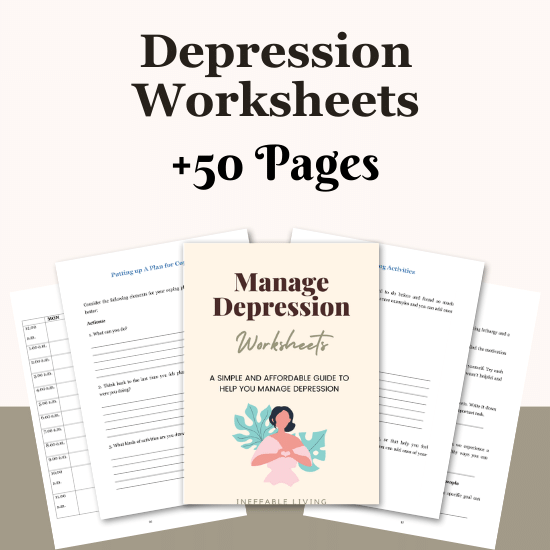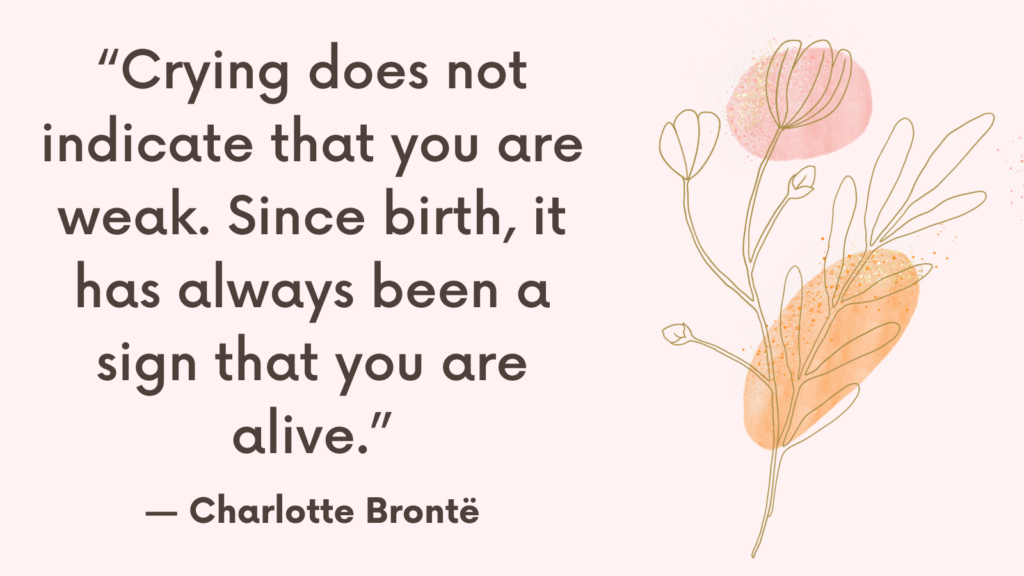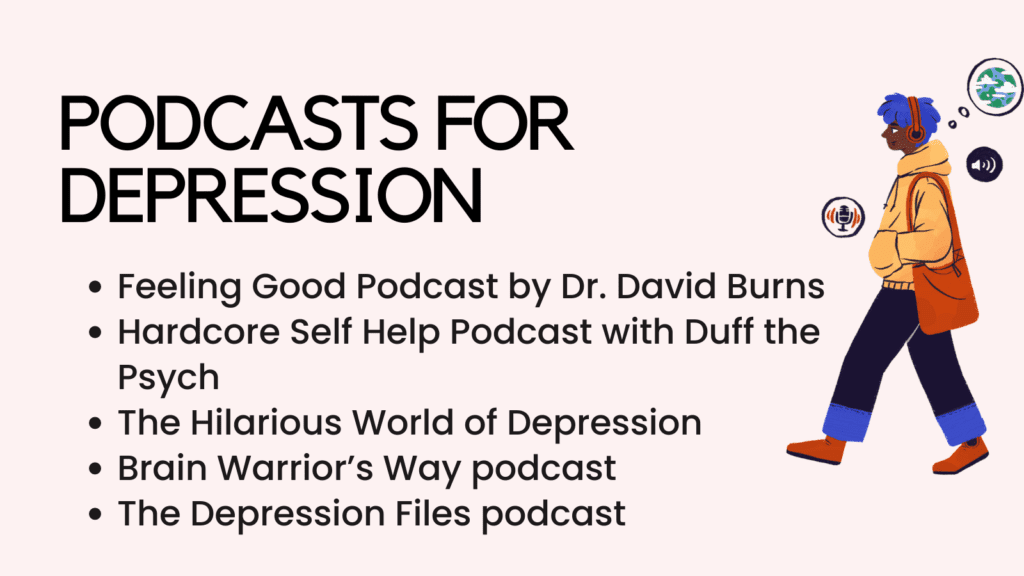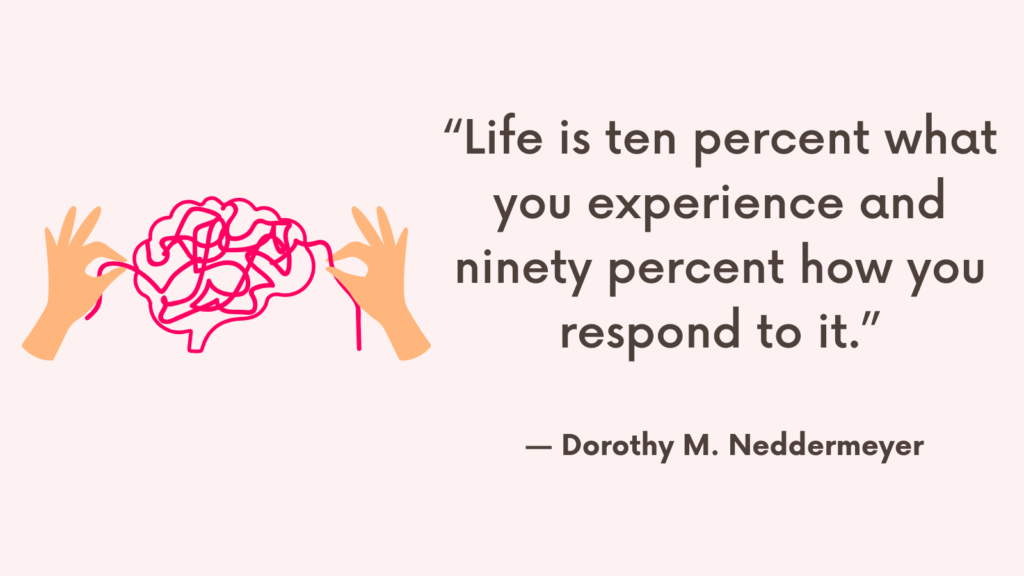As the days grow longer and temperatures rise, most people look forward to summer with excitement and joy.
However, for some, this season brings about feelings of depression and discomfort.
If you’ve ever wondered if it’s possible to experience Seasonal Affective Disorder (SAD) in the summer, you’re not alone.
In this blog post, we’ll explore summer depression, its causes, symptoms, and practical steps to manage it.
What is Summer Depression?
Seasonal Affective Disorder (SAD) is a type of depression that occurs at specific times of the year.
While it’s commonly associated with winter, about 10% of people with SAD experience it during the summer, a condition often referred to as summer depression. (source)
SAD is essentially major depressive disorder with a seasonal pattern, meaning it recurs at the same time each year and goes into remission during other seasons.
Related: Beating the Winter Slump: How to Manage SAD and Holiday Blues?
Symptoms of Summer Depression
Summer depression shares many symptoms with major depressive disorder, including:
– Depressed mood most of the day
– Diminished interest or pleasure in activities
– Significant weight loss or gain
– Insomnia or hypersomnia
– Psychomotor agitation or retardation
– Fatigue or loss of energy
– Feelings of worthlessness or excessive guilt
– Diminished ability to think or concentrate
– Recurrent thoughts of death or suicide
However, summer depression has some unique characteristics.
Research indicates that those with summer depression often experience increased irritability, insomnia rather than excessive sleep, and a lack of energy and motivation. (source)
Causes of Summer Depression
1. Sensitivity to Heat and Light
Some individuals are particularly sensitive to heat and light, which can make summer uncomfortable.
This sensitivity can lead to physical discomfort, such as feeling overheated or claustrophobic.
Additionally, bright sunlight can cause headaches or exhaustion for those with light sensitivity, making it challenging to enjoy outdoor activities.
2. Allergies
Summer can exacerbate allergies, leading to physical discomfort and fatigue.
Allergies can make it difficult to spend time outside, further isolating individuals who already feel disconnected.
Related: The Silent Struggle: How to Manage Depression-Related Anger?
3. Disrupted Sleep Patterns
Longer daylight hours can disrupt sleep patterns, leading to insomnia and fatigue.
Changes in daily routines, such as children being out of school or vacation schedules, can also contribute to irregular sleep.
4. Increased Social Pressure
Summer often brings social activities and expectations to be outside and active.
For those with body image issues, self-harm scars, or chronic illnesses, this pressure can be overwhelming.
The need to wear less clothing and be more socially active can trigger anxiety and discomfort.
Related: High Functioning Depression Test (+Effective 3-Step Guide To Overcome High Functioning Depression)
5. Comparison and Loneliness
Seeing others enjoy summer can highlight one’s own struggles, leading to feelings of isolation and inadequacy.
This comparison can deepen feelings of depression, making it seem as though everyone else is happy while you’re struggling.
How to Manage Summer Depression?
1. Maintain a Routine
Establishing a consistent daily routine can help mitigate the effects of summer depression.
Try to go to bed and wake up at the same time each day, even if it’s light outside.
Incorporate regular meal times and activities that provide structure to your day.
2. Stay Cool
Managing heat sensitivity is crucial.
Use cooling products like neck fans, handheld fans, or cooling cloths.
Stay indoors during the hottest parts of the day and ensure your living space is cool and comfortable.
Related: Top 10 Signs of Silent Depression
3. Manage Allergies
Consult with a doctor to find effective treatments for your allergies.
Consider staying indoors when pollen counts are high and using air purifiers to reduce allergens in your home.
4. Limit Social Pressure
It’s okay to decline invitations if you’re not comfortable.
Prioritize activities that make you feel safe and at ease.
If you’re uncomfortable with certain summer activities, find alternatives that you enjoy and feel comfortable doing.
Related: What is Anxious Depression?
5. Connect with Others
Remember, you’re not alone.
Many people experience summer depression, and connecting with others who understand can be incredibly healing.
Share your experiences in support groups or online communities to find solidarity and support.
6. Plan Indoor Activities
Find enjoyable indoor activities to stay engaged and distracted.
Whether it’s reading, crafting, cooking, or watching movies, having activities you look forward to can help improve your mood.
Related: Do I Have Seasonal Depression Quiz (+Top 12 Natural Ways To Boost Your Mood)

Conclusion
Summer depression is a real and challenging condition, but with understanding and practical steps, it can be managed.
By addressing the unique challenges of summer depression, you can create a plan to enjoy the season in a way that feels safe and supportive for you.
Remember, it’s okay to seek help and prioritize your well-being.



